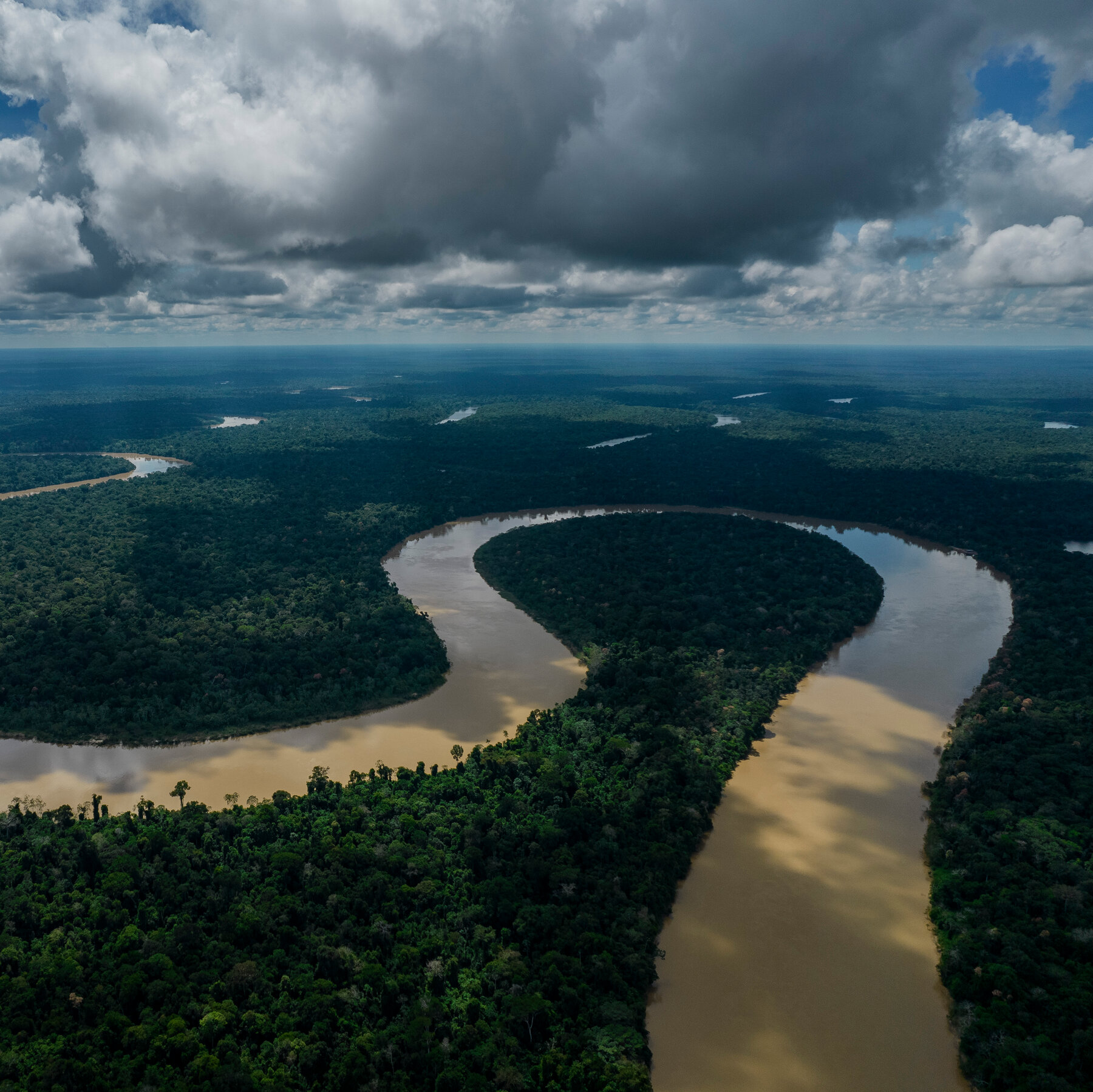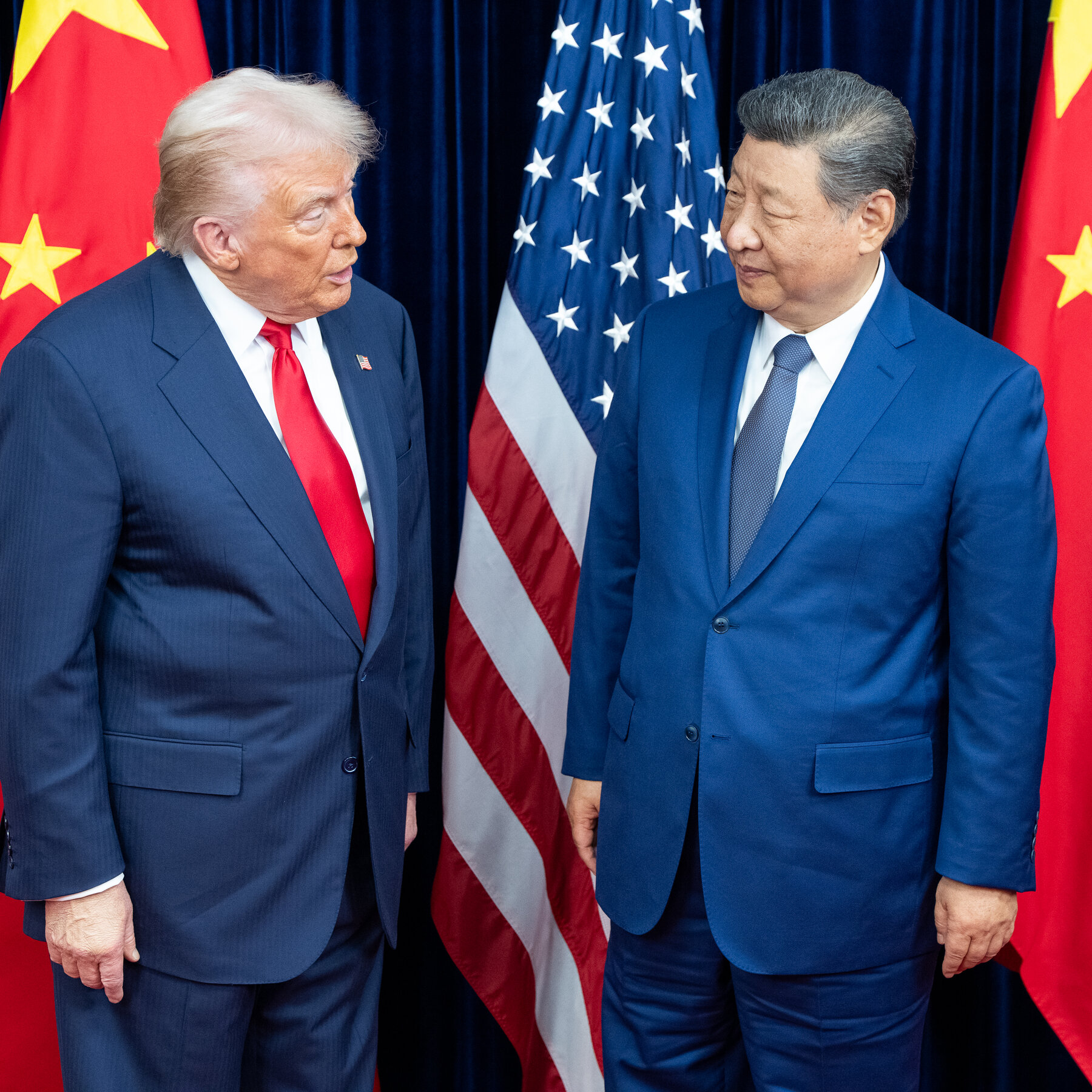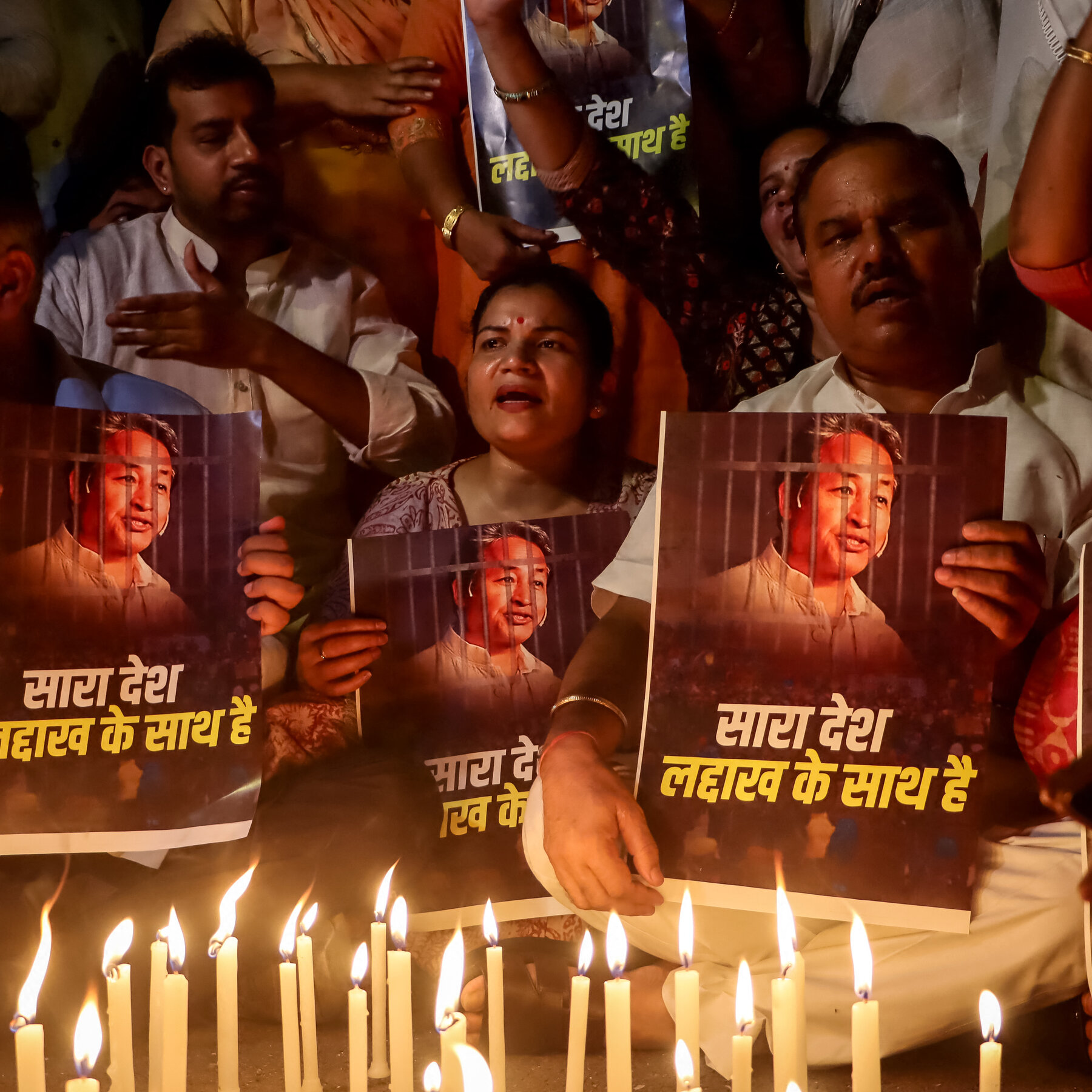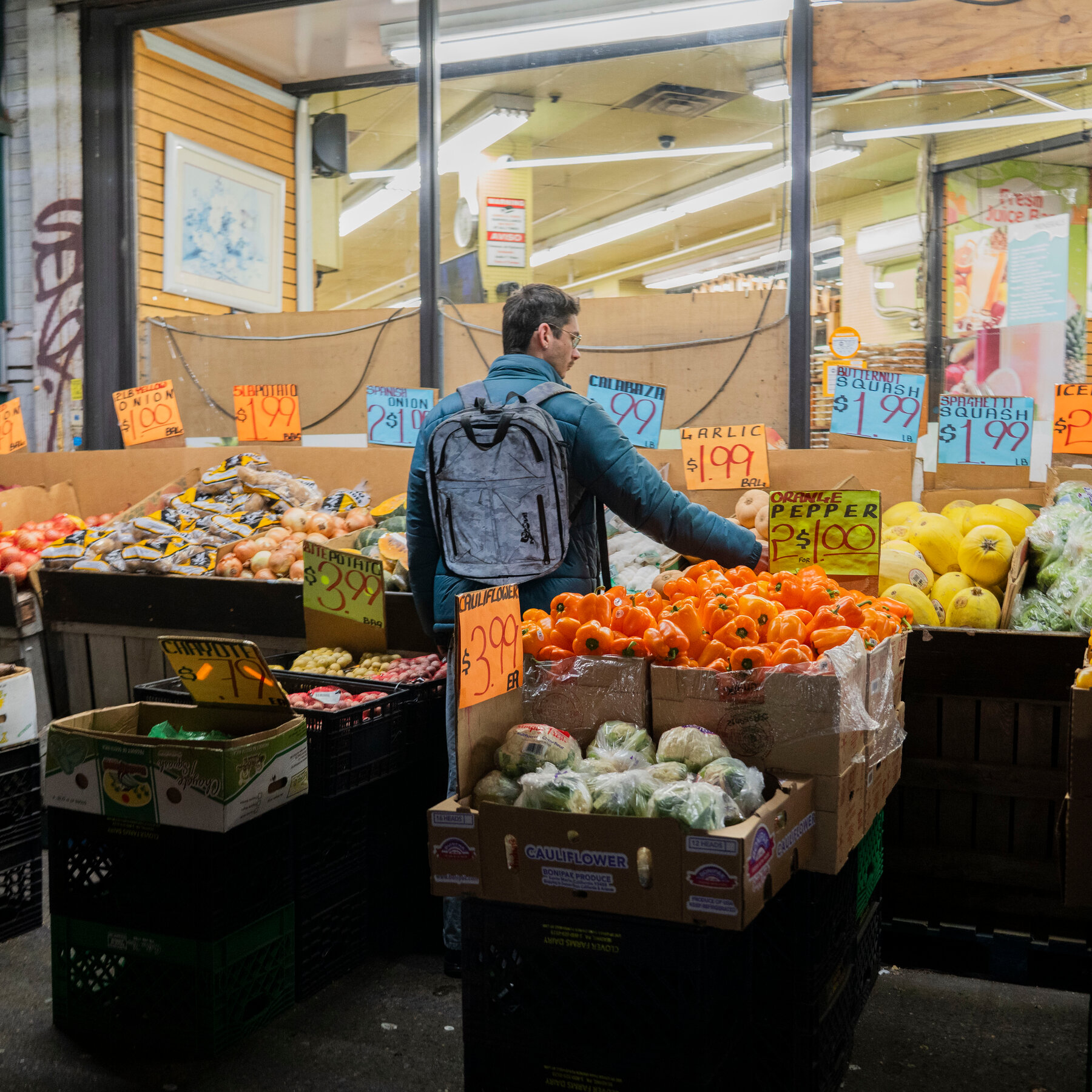Tanzania: What You Need to Know About Post‑Election Violence
Background
Since gaining independence, Tanzania has been praised for its relative political stability in a region often marked by unrest. The 2025 general election, however, exposed deep‑seated tensions that quickly escalated into widespread violence.
The Election and Its Aftermath
On October 28, 2025, voters headed to the polls to choose a new president and members of parliament. While the official results declared incumbent President John Mwinyi the winner, opposition parties and civil‑society groups alleged extensive fraud, ballot‑stuffing, and intimidation.
Within hours of the announcement, protests erupted in Dar es Salaam, Arusha, and several rural districts. Demonstrators clashed with security forces, leading to dozens of injuries and a growing number of arrests.
Government Crackdown
The government responded with a heavy security presence, deploying police, military units, and special anti‑terror squads. Curfews were imposed in major cities, internet access was partially blocked, and several opposition leaders were detained on charges of incitement and treason.
Human‑rights monitors reported that the crackdown often exceeded lawful limits, with instances of excessive force, arbitrary detentions, and reports of torture in detention centers.
International Reaction
Washington quickly voiced concern. U.S. Secretary of State Antony Blinken called the situation “deeply troubling” and urged the Tanzanian government to “respect democratic norms and protect civilians.” The U.S. State Department announced a review of its bilateral assistance, signaling that future aid could be conditioned on improvements in human‑rights practices.
Other foreign partners, including the European Union and the United Nations, have called for an independent investigation into the alleged electoral abuses and the subsequent security response.
Potential Implications
The post‑election unrest threatens Tanzania’s reputation as a stable investment destination. Investors are watching closely as the government’s handling of dissent could affect tourism, mining, and infrastructure projects that rely on foreign capital.
Domestically, the violence has deepened political polarization, raising fears of a prolonged conflict that could undermine the country’s economic growth and social cohesion.
What Lies Ahead
Analysts suggest that a credible, transparent inquiry into the election results and the security forces’ conduct is essential to restore public confidence. Without such steps, Tanzania risks further isolation from key partners and a possible escalation of unrest.







